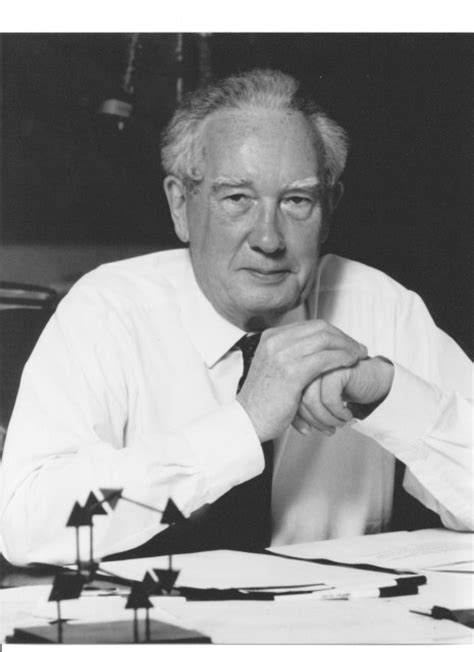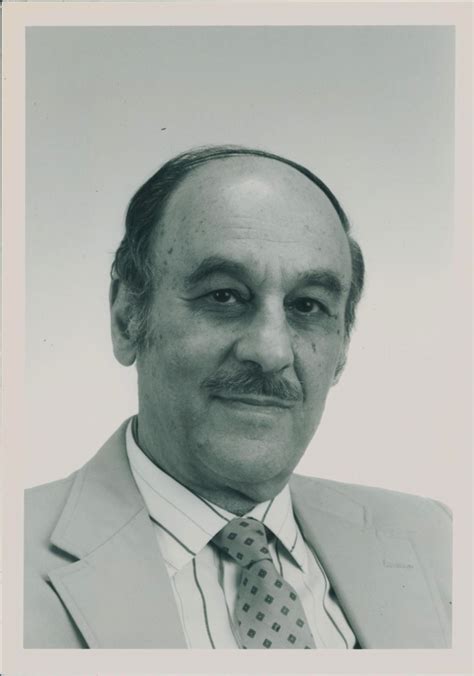A Quote by William Carlos Williams
Poetry demands a different material than prose. It uses another facet of the same fact... the spontaneous conformation of language as it is heard.
Related Quotes
Poetry has an indirect way of hinting at things. Poetry is feminine. Prose is masculine. Prose, the very structure of it, is logical; poetry is basically illogical. Prose has to be clear-cut; poetry has to be vague - that's its beauty, its quality. Prose simply says what it says; poetry says many things. Prose is needed in the day-to-day world, in the marketplace. But whenever something of the heart has to be said, prose is always found inadequate - one has to fall back to poetry.
Certainly for me prose has a dilatory capacity, insofar as I don't trust my abilities in prose. I imagine I could have done the same thing in poetry, but sometimes I feel more fluent in poetry than in prose, and as a consequence perhaps I might pass too quickly by a thing that I might, in prose, have struggled merely to articulate. That struggle creates space, and it seems to me a particular kind of space into which memory flows easily. I suspect I think better in poetry, however.
With so much reading ahead of you, the temptation might be to speed up. But in fact it’s essential to slow down and read every word. Because one important thing that can be learned by reading slowly is the seemingly obvious but oddly underappreciated fact that language is the medium we use in much the same way a composer uses notes, the way a painter uses paint. I realize it may seem obvious, but it’s surprising how easily we lose sight of the fact that words are the raw material out of which literature is crafted.
I'm primarily a poet, so I'd have to say in my case I'd investigate the mystery in poetry in a different way than prose might investigate it, in a way that includes the power of the music of language and maybe more imaginatively in poetry, but I don't really know about better or worse. I guess it depends on the writer.
External realities - worlds of politics, economics, law, war, interpersonal and social relations - are part of prose fiction. Fiction also includes the realities of a character's interior language. Poetry can encompass the same realities, but in compressed, intensified language, which creates entirely different degrees of emotional force.
Poetry is the most direct and simple means of expressing oneself in words: the most primitive nations have poetry, but only quitewell developed civilizations can produce good prose. So don't think of poetry as a perverse and unnatural way of distorting ordinary prose statements: prose is a much less natural way of speaking than poetry is. If you listen to small children, and to the amount of chanting and singsong in their speech, you'll see what I mean.
Prose-it might be speculated-is discourse; poetry ellipsis. Prose is spoken aloud; poetry overheard. The one is presumably articulate and social, a shared language, the voice of "communication"; the other is private, allusive, teasing, sly, idiosyncratic as the spider's delicate web, a kind of witchcraft unfathomable to ordinary minds.





































